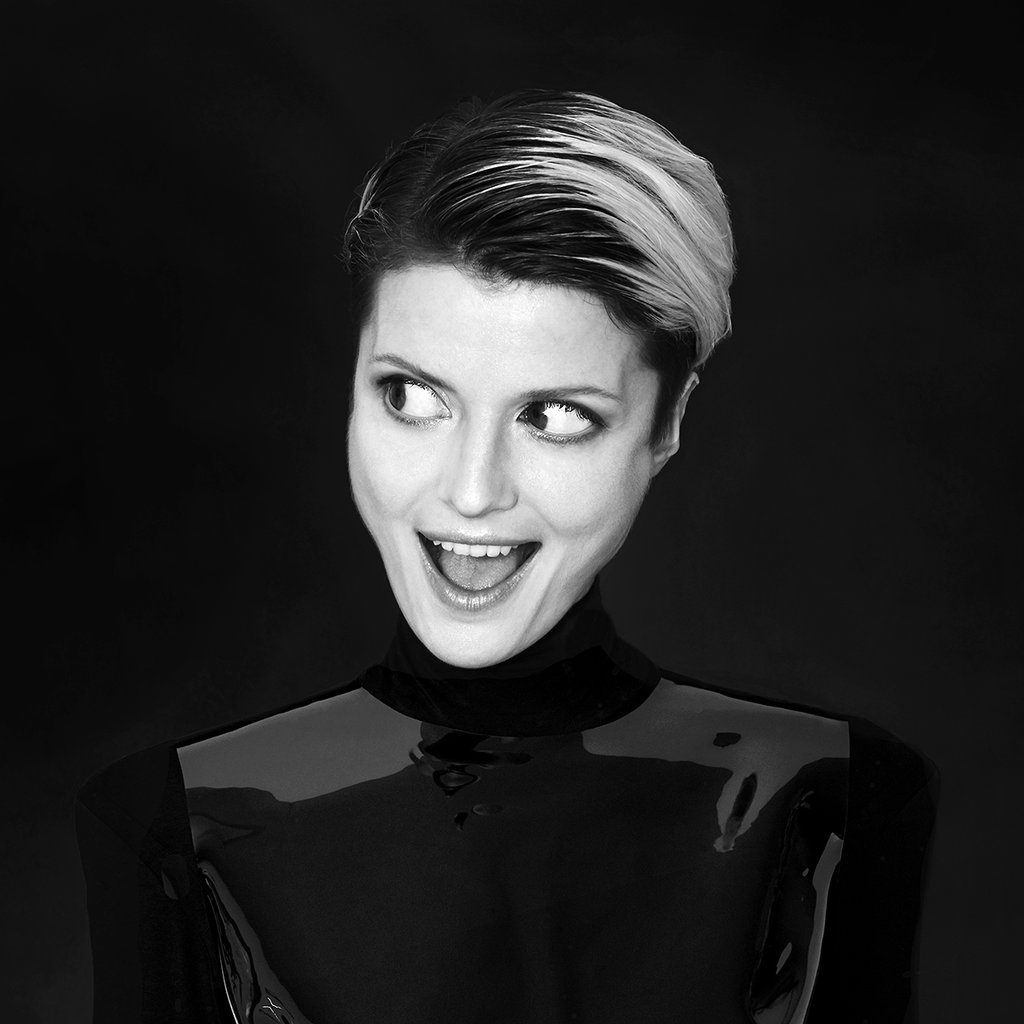“You’ve got all the answers/ But you’re dancin’ on your own” smirks Olga Bell on ‘Power User’, the opening track of her new album Tempo. If her previous release, Krai, was concerned with evoking regions of Russia dreamt up from the past, all folkloric melodies and choral arrangements bent and warped over sparse electronic beats, then Tempo is firmly rooted the kind of loneliness that comes from much closer to home. It is a world full of dimly-lit, pulsating New York nightclubs, where Bell went to dance alone in the lead-up to writing the album, revelling in both the isolation and freedom that comes from being in a room full of strangers.
At times borrowing vocal tics from Bjork and occasional collaborator and Chairlift frontwoman Caroline Polachek, Bell uses her voice to its full capacity, yielding results that are in turn uncomfortable, sweet, and strange, yet always interesting. In the excellent ‘ATA’ she starts by isolating her voice, removing the comfort of surrounding beats and emphasising its fragility, making it more powerful when she shouts, full of loneliness and despair at the world, “am I fucking useless?” For lead single and standout ‘Randomness’ her voice is reduced to a background murmur, uneasy under the warping synths, with her staccato repetition of the title transforming her vocals into yet another layer of instrument. It’s a pure dance track, but one that constantly confronts its listener, never allowing them to feel totally comfortable.
This desire to destabilise and deconstruct runs as a thread throughout the album. For the house-inspired ‘Ritual’ Bell recruits Sara Lucas for the kind of powerful, polished vocals that come straight from a 90s dance banger, which she matches with fluttering, skewed beats. Not interested in pastiche or straight-up homage, she instead takes the recognisable features of a genre and subverts them; playing on our conceptions of musical familiarity and never letting the audience grow complacent. Similarly, ‘Doppio’ matches an almost dancehall beat – one of the most recognisable sounds in pop this summer – and matches it with a whispery vocal, only to have it mutate into something else completely, lowering the pitch on her voice until it becomes a squelchy, sticky treacle halfway through the line “this pick is so sick/ got a million clicks”, adding vocal tracks to her own voice, beginning to harmonise, a choir of mechanised angels. Never ironic or snide, despite her trawling of commercial EDM producer boards to find the sounds they favoured, Bell is nevertheless able to smartly destabilise the way in which we consume music.
It’s easy to see the differences between Krai and Tempo, yet there is a common thread between the two records: a sense of the familiar – whether that be a place or a mindset – that has been warped. Whilst the skewed Russian landscape of Krai may be more immediately striking to the listener, Tempo takes the territory of the New York club, bringing to the forefront its dark corners, its strange isolation. Bell’s mastery of subversion and convention enables the record to function as an exploration of dance and community; a reminder of how it feels to be alone, a stranger in a crowd.


